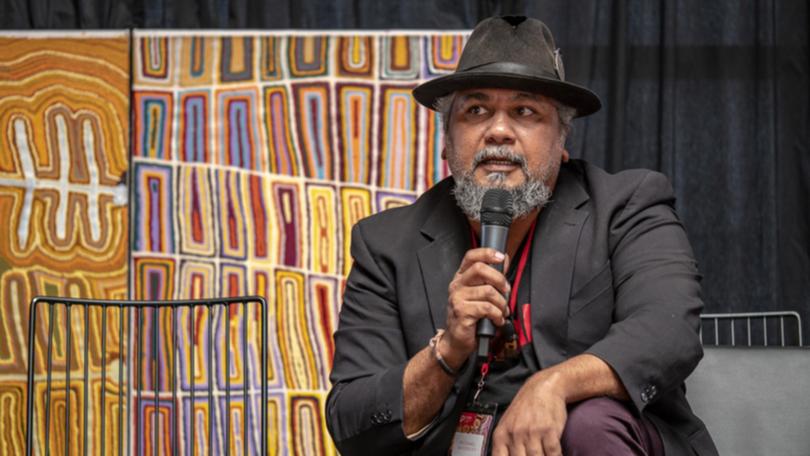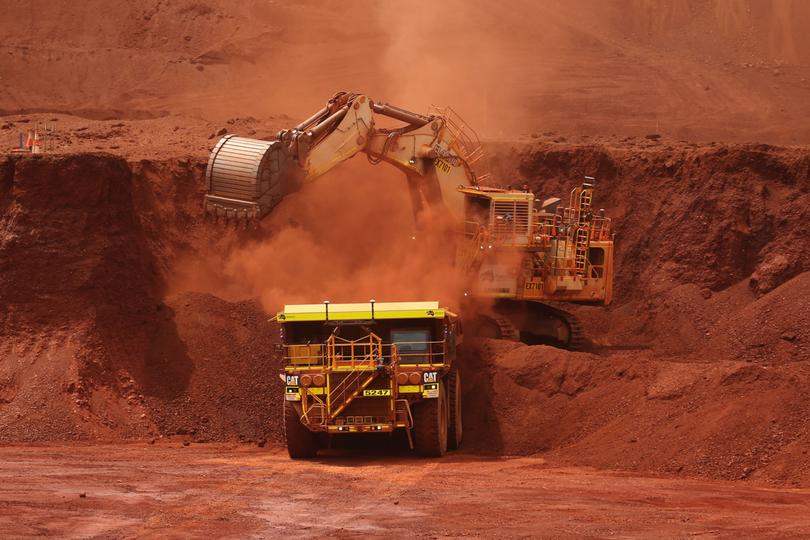Yindjibarndi calls for Environment Minister Reece Whitby to investigate Fortescue over non-compliance

The Yindjibarndi are ratcheting up their longstanding feud with Andrew Forrest’s Fortescue by calling for the government to probe the environmental compliance of the miner’s massive Solomon iron ore hub.
The Yindjibarndi Ngurra Aboriginal Corporation has asked State Environment Minister Reece Whitby to investigate if the Solomon hub abided by environmental and Aboriginal heritage approval conditions when the project was green-lit in 2011.
The Yindjibarndi were granted the highest form of native title rights over the Solomon land in 2017.
Sign up to The Nightly's newsletters.
Get the first look at the digital newspaper, curated daily stories and breaking headlines delivered to your inbox.
By continuing you agree to our Terms and Privacy Policy.YNAC chief executive Michael Woodley said the Solomon project has “officially destroyed or damaged” 249 Yindjibarndi heritage sites “and likely many more” without approval.
“The current conditions are much weaker than those in recent Ministerial approvals for similar projects, including Fortescue’s own Eliwana mine and the Sanjiv Ridge project on Nyamal Country,” he said.
“Our community not only endures poor environmental and cultural management, which is a source of ongoing hurt and distress, but out native title rights and interests have also been disrespected.
“We want the WA Environmental Protection Authority to report on the adequacy of the implementation conditions of the Solomon Iron Ore Project and their capacity to avoid, minimise, rehabilitate and offset its impacts to our land, water, and cultural heritage,” he said.

A Fortescue spokeswoman said the company takes its responsibilities to protect and manage cultural heritage “seriously”.
“We have strong relationships with the First Nations people of the Pilbara region of Western Australia, which are built on open and transparent engagement, mutual respect and the development of comprehensive native title agreements,” she said.
“At all times we are compliant with relevant state and territory legislation.
“Fortescue will continue to work closely with our First Nations partners to ensure First Nations heritage is managed sustainably and responsibly.”
The Yindjibarndi and Fortescue have been embroiled in a bitter dispute since 2007 with the native title owners currently seeking more than $500 million in compensation.
In April an anthropologist called to give evidence in the Federal Court about the division experienced by the Yindjibarndi community as a result of Fortescue’s mining operation said many locals felt the “loss” was like being “locked out” of their own homes.
Solomon has produced around 70 million tonnes of iron ore per year since 2013.
